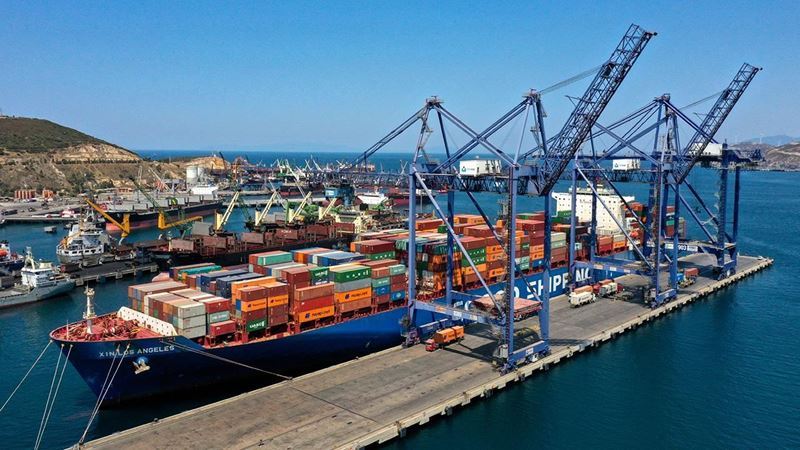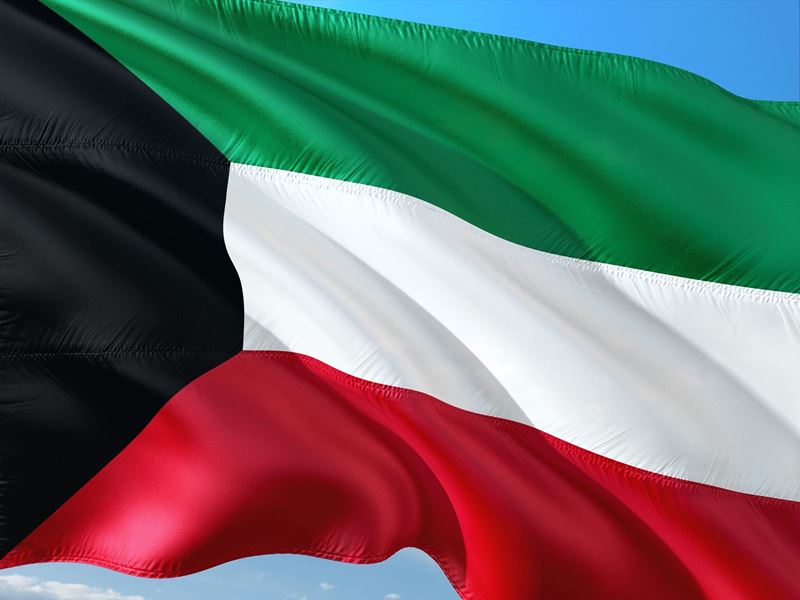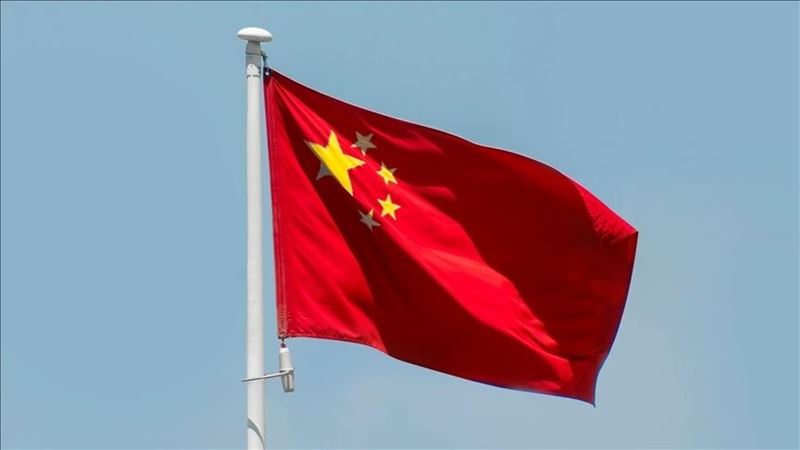The export loss to Russia, where there were difficult days in trade due to the problem in money transfers, reached 37 percent in the first two months of the year. Exports to the Commonwealth of Independent States also contracted by 13.6 percent in the same period. Shipowners who invested in ships in Russia when business was booming are experiencing a supply shock due to the decrease in export cargo.
Türkiye-Russia trade, which peaked after the Ukrainian War, experienced losses in the second month of the year due to money transfer problems that started at the beginning of the year. According to the foreign trade data of the Ministry of Commerce, exports to Russia in February decreased by 34 percent compared to the same month last year, reaching 670 million dollars. Thus, while Russia was the 4th country to which Türkiye exported the most in February last year, it fell to 8th in February this year. When we look at the total exports for the two months covering January-February, exports to Russia decreased by 37 percent compared to the first two months of last year, falling to 1 billion 298 million dollars. Exports to the country in question decreased by 39 percent in January, reaching 631 million dollars. Following the 20 percent contraction in imports from Russia in January, a negligible decrease of 1 percent was observed in February. Two-month imports from this country were calculated as 8 billion 480 million dollars, decreasing by 8 percent compared to the January-February period of last year.
There is a decrease in 22 of 25 sectors
When we look at the Turkish Exporters Assembly (TIM) data to look at the performance of exports to Russia on a sectoral basis, there is an increase in only 3 of 25 sectors in two-month exports to Russia, while these sectors are olives and olive oil, hazelnuts and their products, aquaculture and animal products. happened. In the same period, the contraction in 7 sectors exceeded 50 percent. The sector that experienced the highest proportional decrease in the first two months was tobacco with 88.4 percent, followed by leather and leather products with 71.6 percent, and cereals, pulses, oilseeds and products with 57 percent. In terms of value, the loss in the chemical sector, where the most exports to this country are made, reached 33 percent in two months, while the decrease in fresh fruits and vegetables, the second most exported sector, was 10.2 percent; The loss in third sector machinery and parts reached 23 percent. While the decrease in automotive, which is the 4th most exported sector to Russia, was 13 percent in two months, the decrease in ready-made clothing, which was exempted from money transfers, was limited to 5.6 percent. The total contraction in electrical and electronics, which has a significant share in exports to this country, in two months exceeded 51 percent.
After the Ukrainian War, Türkiye's exports increased not only to Russia but also to the Commonwealth of Independent States (CIS) country group, which includes this country. As you may remember, while Turkey's exports to almost all country groups decreased last year, its exports to the CIS country group increased by 16.6 percent and reached 24.5 billion dollars. According to TİM data, in the first two months of this year, Türkiye's exports to the CIS decreased by 13.6 percent, falling to 3 billion 288 million dollars.
There is an excess supply in ship capacity
The problem in money transfers, which sparked the decline in exports, negatively affected not only exporters but also the logistics sector. In parallel with the Western embargoes, global shipowners stopped shipping to Russia, and local shipowners expanded the fleet with new ships to fill the gap. However, the problem in money transfers left the shipowner in a difficult situation. Speaking to ECONOMY, domestic shipping companies point out that there is a significant decrease in transportation volumes to Russia, and state that the decline in freight rates, which is parallel to this, is accelerating. Stating that there was an oversupply in the ship capacity operating on this line due to the decrease in cargo connections, the CEO of a local ship owning company said, “On the one hand, while we had problems in money transfer, on the other hand, the fact that some ships remained idle due to the supply-demand imbalance made things very unpleasant. "On the other hand, due to increasing costs, we have become increasingly difficult to compete with companies that do not pay attention to the embargo, do not pay insurance, and do not make calculations," he said.
There is no progress on the exemption request yet
The payment problems with Russia coincided with US Secretary of State Antony Blinken's visit to Turkey on January 5. It was learned that a number of issues were brought to the agenda during Blinken's visit, and one of the topics was the Russia-Ukraine War. While the ECONOMY newspaper was the first to bring up the problem in money transfers, many sector representatives, from automotive to textile, stated that they were experiencing difficulties because they could not receive payment, and that some export orders even started to evade due to the uncertainty in the solution of the problem. Following increasing complaints, the Ministry of Commerce took action and created a list of companies that could not receive payments. Then, the fees for exports made with the exception made for the ready-made clothing, textile, shoe and food sectors began to be collected through a public participation bank focused on the private sector. However, the inability of exporters to close their export accounts, who cannot receive the export fee because their bank transfers are returned, continues to be a problem. For this reason, companies want Russia to be included in the exception list of 33 countries, including Iran. It is among the information received that the economic bureaucracy is working on the issue, but the blockade created by the West on the banking system is very strict.
Europe's exports to Kazakhstan attract attention
The increasing exports of European countries to the region attract attention. Especially Kazakhstan is one of the prominent countries here... Britain's exports to Kazakhstan amounted to 1.8 billion pounds between 1 October 2022 and 30 September 2023, an increase of 89.2 percent compared to the previous 12-month period. Looking at the course of Germany's exports to Kazakhstan over the years, the exports, which were in the range of 1.4-1.7 billion dollars between 2014-2017, will reach 3.05 billion dollars in 2022, when the sanctions against Russia were put into effect, and 3.57 billion dollars in 2023. It seems to have skyrocketed to billions of dollars. Italy is also one of the countries that increased its exports to Kazakhstan after the war. Italy's exports to this country increased by 48 percent from 588 million dollars in 2021 to 871 million dollars in 2022. It is seen that France's exports, which were 549 million dollars in 2021, will increase by 64 percent to 1 billion dollars in 2022.
Ekonomim









Comments
No comment yet.